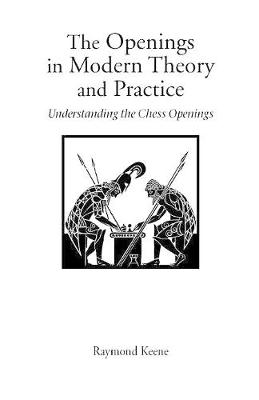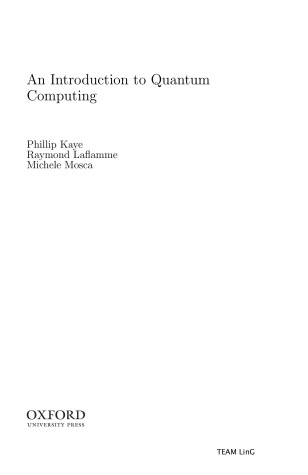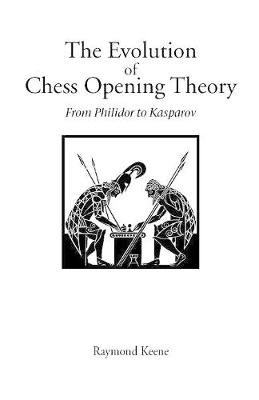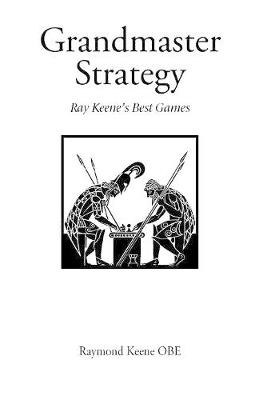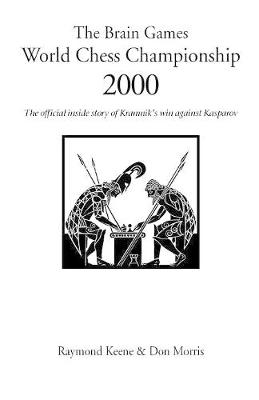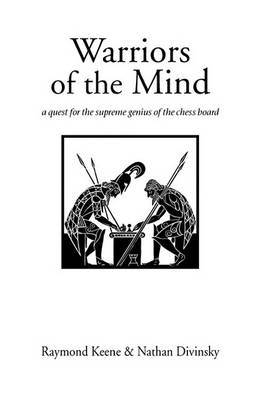Hardinge Simpole Chess Classics S.
6 total works
Investigates the view that there is a polarity in modern chess. On the one hand are those who systematically analyse forcing openings, such as the Sicilian Defence; on the other are those who deliberately select offbeat openings.Are both approaches valid?
Traces the development of combinational thought from the early days of chess events up to the reign of world champion Anatoly Karpov. By identifying key recurring elements in the decisive combinations of the champions, Keene shows how to pull off crushing finishes.
Why are certain openings fashionable and why do others vanish? Is this based on an objective evaluation or on mere whim? How were Openings principles first elaborated and by whom? And are the experts on openings always right?
Ray Keene selects and annotates his most interesting games against such giants as Anatoly Karpov, Mikhail Botvinik, Mikhail Tal, Jan Timman, John Nunn, Tony Miles and Svetozar Gligoric. Originally published as a private limited edition.
The Brain Games World Chess Championship 2000
by Raymond Keene and Don Morris
Published 1 April 2002
Ray Keene, responsible for organising more world championship matches outside the USSR than any other person in the history of official contests, in 2000, after a five year gap with no world title match, persuaded Kasparov to defend his title against Kramnik.
Would Garry Kasparov have beaten Bobby Fischer? Was Capablanca stronger than Morphy? Many chess authors have speculated about such questions, but this book, based on a sophisticated computer analysis undertaken at the University of British Columbia, provides the definitive answer
